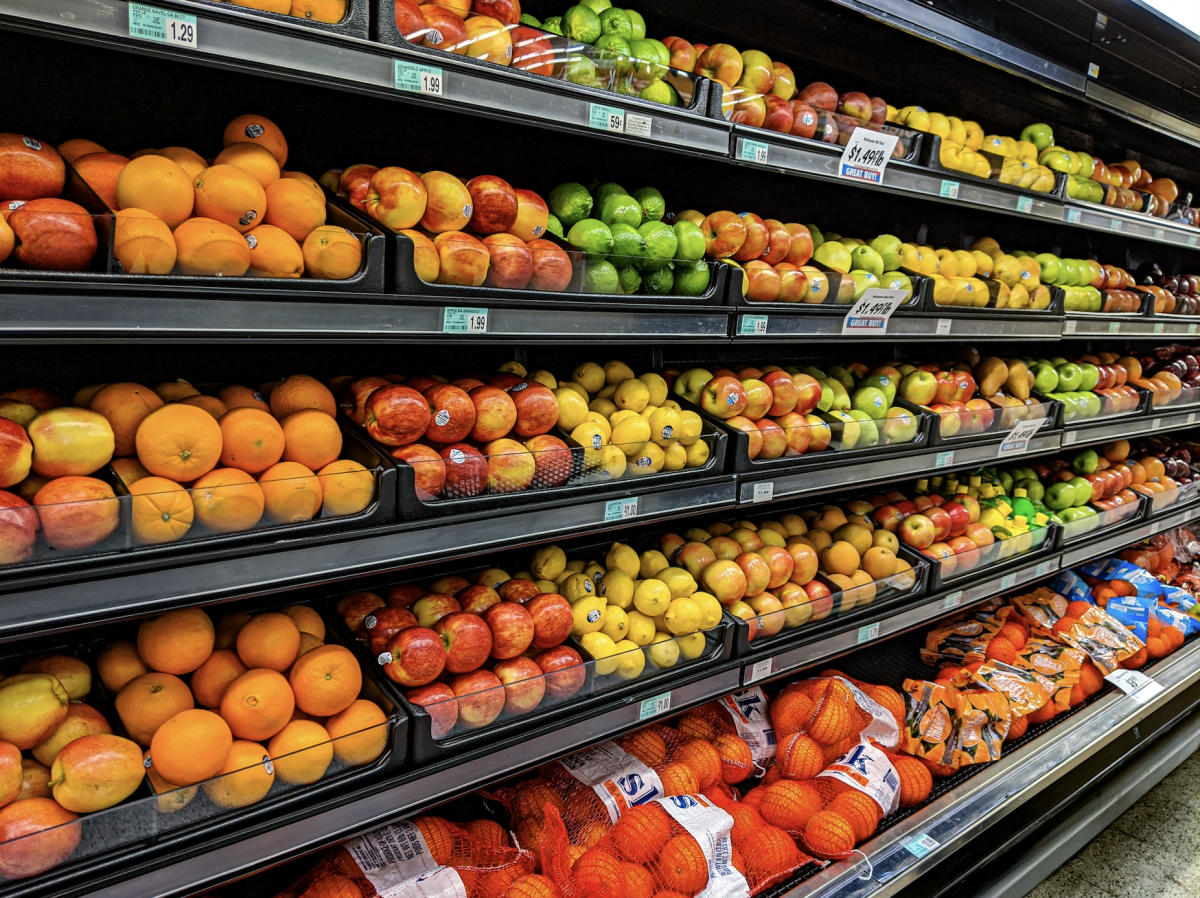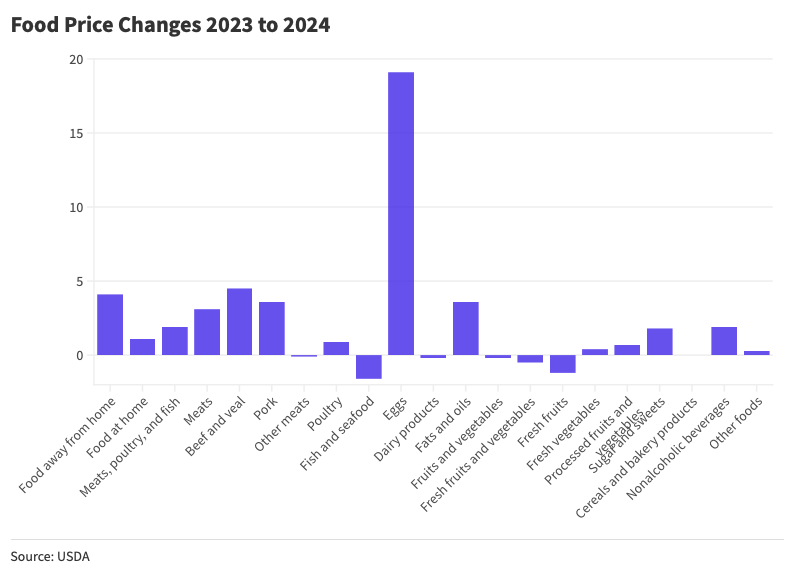State Democrats called for statewide transportation reforms Tuesday to address Tennessee’s ”growing traffic crisis,” and the state’s “crumbling transportation infrastructure,” laying blame at the feet of the Republican supermajority.
In a Nashville news conference, lawmakers launched the “Rocky Top, Not Rocky Roads” campaign, highlighting road conditions and traffic congestion. They pointed to an annual state infrastructure audit that said the state now faces a $34 billion backlog in transportation projects.
Billboards carrying the “Rocky Top, Not Rocky Roads” message will be placed in areas of the state where Democrats said commuters feel frustrated — Rutherford (Murfreesboro), Davidson (Nashville), and Montgomery County (Clarksville).
”Potholes and congestions aren’t just inconvenience, they’re symbols of neglect plaguing our state’s infrastructure under Republican control,” said Rep. Ronnie Glynn (D-Clarksville). “I want to co-sponsor this transportation legislation because instead of relying on the pie-in-the-sky [ideas], like toll lanes, we need intelligent, sustainable solutions.”
Last year, the Republican-controlled House and Senate passed Republican Governor Bill Lee’s Transportation Modernization Act. Central to the new law are “choice lanes.” These will be lanes added to existing interstates (like I-40 and I-24) by private companies. Drivers can only use the lanes if they pay extra.
Rep. John Ray Clemmons (D-Nashville) mocked the idea as “the only solution that the Republican supermajority and Governor Bill Lee could come up with.” Meanwhile, he said, congested drives cost urban commuters $989 per year and rural drivers $670. The issue, for Clemmons, was one of rising costs for working Tennessee families.
“Since Republicans took over in 2011, they have doubled our state budget,” Clemmons said. “Have your roads gotten any better? No. Have you seen less traffic on interstates? Have you seen safer bridges and less potholes? No. So, where’s the money going?”
Here, Clemmons criticized the GOP’s $1.6 billion tax refund to what he called a “secret list of corporations, 53 percent of which were out-of-state corporations.”
”Without leadership and courage, we’re not going to be able to lower the cost of living that directly impacts every family that we represent,” Clemmons said. “Again, the question working Tennesseans should be asking themselves is, ‘Where’s all my money?’”
Tennessee roads are dangerous. The state ranked 9th for the highest rate of traffic deaths last year, according to data from the National Highway Safety Administration. Traffic deaths rose almost 9 percent in the state from 2022-2023, from 607 deaths to 661.
Substantively, Rep. Aftyn Behn (D-Nashville) announced intentions Tuesday to file legislation in next year’s session of the Tennessee General Assembly to reform the state’s financing process for road projects. She and other Democrats called Tennessee’s current financing method for big transit projects — such as road construction — “outdated.”
“One such way to fix our roads is to end the pay-as-you-go funding mechanism,” she said. “It will allow us — once we end it — to leverage our AAA bond rating and take out debt in order to lock in the cost, which means more bang for our buck.”
For clarity, Aftyn was asked why the debt method is better than the current, GOP, pay-as-you-go method.
“… because you are paying the most amount of money for the least amount of product,” she said. “You are locking in inflationary percentages every time you buy product and you take out money. Whereas, if we take out debt, we lock in that amount and we’re able to pay it off over time, we will pay less in the long run.”
Issuing debt rather than relying on in-hand revenues increases the state’s ability to invest in large-scale infrastructure programs, the lawmakers say.


